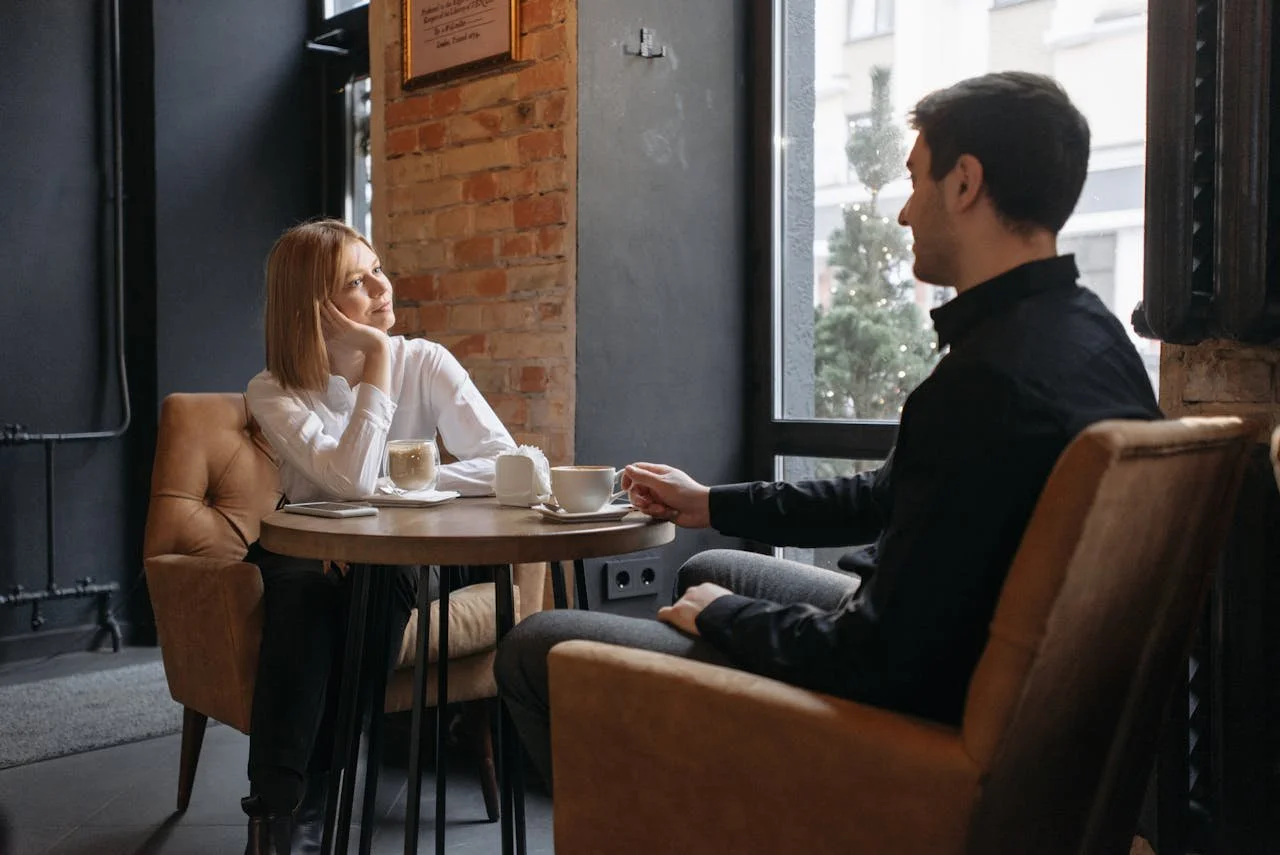Attachment Styles and How It Shows Up in Dating
When you're navigating the dating world, you might notice patterns in how you connect with potential partners. Maybe you pull away when someone gets too close, or perhaps you worry constantly about whether they're losing interest. These patterns often trace back to your attachment style. That’s the emotional blueprint you developed in early relationships that continues to influence how you show up in romantic connections today.
Understanding Attachment Styles
Attachment theory suggests that the ways in which we relate to others throughout life are shaped by our earliest relationships with caregivers. These early experiences shape our fundamental beliefs in whether or not we can trust people to be there for us.
There are four main attachment styles: secure, anxious, avoidant, and disorganized. Each style shows up differently in dating, influencing everything from how you communicate your needs to how you handle conflict and intimacy.
Secure Attachment in Dating
If you have a secure attachment style, you generally feel comfortable with both intimacy and independence. You can express your needs clearly and respond to your partner's needs with empathy. When dating, you're able to be vulnerable without fear of rejection, and you can give your partner space without spiraling into anxiety.
Securely attached daters tend to communicate directly and set healthy boundaries. They navigate disagreements without either shutting down or becoming overly reactive.
Anxious Attachment: the Constant Check-In
With an anxious attachment style, you might find yourself constantly scanning for signs of rejection or abandonment. You want closeness and connection, but worry intensely about whether your partner feels the same way. In dating, this can show up as:
Texting frequently and feeling distressed when responses are delayed
Needing frequent reassurance about where the relationship is going
Interpreting small changes in behavior as signs of losing interest
Feeling like you're "too much" or overly needy
You might also find yourself drawn to emotionally unavailable partners, unconsciously recreating the inconsistent love you experienced early in life.
Avoidant Attachment: Keeping Your Distance
If you lean toward avoidant attachment, you value independence and self-reliance, sometimes to the point of discomfort with emotional intimacy. You might struggle to trust that relationships are worth the vulnerability they require.
In dating, avoidant attachment can look like:
Feeling suffocated when someone wants to spend a lot of time together
Focusing on your date's flaws to maintain emotional distance
Pulling away when things start to feel serious
Preferring casual connections over committed relationships
Shutting down during emotional conversations
You may find yourself attracted to people initially, but lose interest once they show a clear interest in you.
Disorganized Attachment: the Push-Pull Pattern
Disorganized attachment combines elements of both anxious and avoidant styles, creating an internal conflict between wanting closeness and fearing it simultaneously. If this is your pattern, dating can feel particularly confusing. You might desperately want a connection but sabotage it when you get it, or you might swing between clinging to someone and pushing them away.
How Your Attachment Style Shows Up in Real Life
Your attachment style influences seemingly small interactions. How do you respond when someone takes a few hours to text back? Do you assume they're busy, or do you spiral into worry? When someone expresses interest in a second date, do you feel excited or trapped? These everyday moments reveal your attachment patterns.
Attachment styles aren't fixed, and through self-awareness and intentional practice, you can develop more secure patterns of relating. This means learning to tolerate discomfort, challenging anxious thoughts, and gradually trusting that a healthy connection is possible.
Are You Ready for More?
Learning all this might require the professional guidance of a couples counselor. If you're concerned that your attachment style is causing friction in your relationship, give me a call. I can help you recognize how your personal attachment style is showing up and what to do about it. Every time you choose awareness over reaction, you’re rewriting old patterns and moving closer to the kind of connection your heart’s been craving.
